types of asthma
Understand your asthma better
Allergic asthma, also known as atopic asthma, is triggered by allergens such as pollen, dust mites, pet dander, or mold. When exposed to these triggers, the immune system overreacts, causing airway inflammation and asthma symptoms like wheezing, coughing, and shortness of breath.
Unlike allergic asthma, non-allergic asthma is not triggered by allergens. Instead, it can be triggered by factors such as stress, exercise, cold air, infections, or exposure to irritants like smoke or strong odors.
Avoid Self-Medication: Stay Safe, Stay Healthy
Always consult a doctor for asthma management. Self-medication can be dangerous and worsen your condition.
Exercise-induced asthma, or exercise-induced bronchoconstriction (EIB), occurs when physical activity triggers asthma symptoms. This type of asthma is common among athletes and individuals who exercise in cold or dry environments.
Asthma is one of the most common chronic conditions in children. Childhood asthma often stems from allergies, respiratory infections, or genetic predisposition.
While asthma is often associated with childhood, many people are diagnosed with the condition as adults. Adult-onset asthma can be triggered by allergies, respiratory infections, or occupational exposures.
Seasonal asthma occurs when symptoms are triggered by seasonal changes, such as increased pollen in the spring or cold air in the winter.
Occupational asthma is caused by exposure to irritants or allergens in the workplace, such as chemicals, dust, fumes, or animal proteins.
Severe asthma is a more challenging form of the condition, where symptoms persist despite high doses of medication and proper management.
Understand and Protect yourself
Asthma may manifest differently from person to person, but with the right knowledge and support, it can be effectively managed. If you suspect you have asthma or your symptoms are changing, consult a healthcare provider for a thorough evaluation.
01.
Create an Asthma Action Plan
Work with your doctor to develop a personalized plan that outlines medications, trigger avoidance, and steps to take during an asthma attack.
02.
Support your loved one in following their asthma action plan as prescribed by their doctor.
03.
Stay Informed and Prepared
Educate yourself about your asthma type and stay updated on new treatments. Always carry your rescue inhaler for emergencies.









